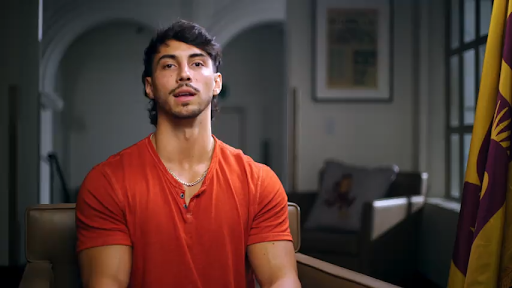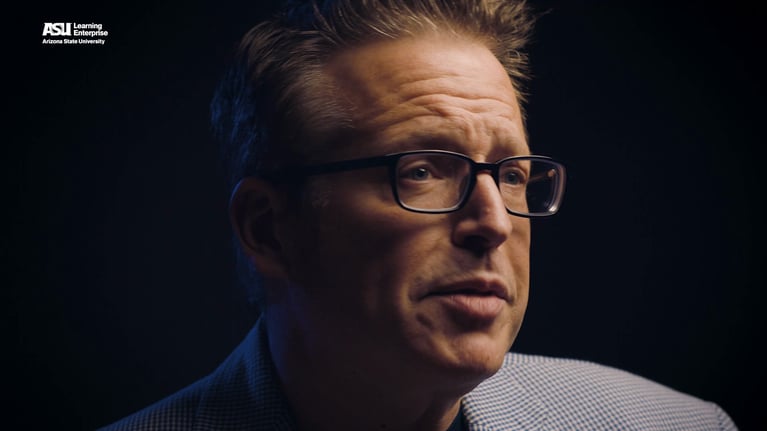In order to best prepare students for the future, it is important to implement lesson unplanning. Lesson unplanning involves redefining routine processes and infusing more creative thinking. Rather than pigeonholing students into one defined and routine solution, presenting the problem in a non-routine, open way allows for multiple creative solutions.
A commonly agreed upon goal of education is to prepare young people for the future. The challenge, of course, is that the future is uncertain. And, if we spend even a small amount of time seriously thinking about the future, we quickly recognize that there is not one future but multiple futures – some of which are more uncertain than others.
As educators we often focus on likely futures at the expense of more uncertain and possible futures. Specifically, we focus on teaching students to understand and do things that are already known and doable. And when we plan lessons based on this focus, we predetermine almost every aspect of the lesson in advance: the problem, the process, the product, and the criteria for success. We then present students with routine tasks and problems and teach them the most efficient processes and procedures for arriving at known solutions. Student success is then determined by how well they can arrive at expected outcomes in expected ways.
Again, this approach makes sense and may even be optimal when preparing young people for likely futures, because we are helping them learn how to understand and do something that is already known and doable and likely to be needed in the foreseeable future.
However, this approach falls short if we are also interested in preparing students for possible futures that require students to have the confidence and competence to come up with new ways of thinking and acting under states of uncertainty. This is not to say that learning how to do routine problems in routine ways, plays no role in navigating uncertainty. But rather, preparing students for a broader horizon of possible futures requires us to provide them with opportunities to engage with uncertainty in an otherwise structured and supportive learning environment.
Lesson unplanning provides a way to do so by transforming over-planned, predetermined lessons into lessons that have to-be-determined openings for students to engage with uncertainty by working with skilled others (in and outside the classroom) to identify their own problems to solve, find their own ways of solving them, and produce their own products and solutions.
Even minor modifications to existing lessons can open up broader possibilities.
Consider for instance teaching students how to solve a particular type of problem using a particular procedure. Instead of simply assigning 10 problems to be solved using one procedure, what if we also asked students to come up with as many different ways they can to solve the problem? Wouldn’t you agree that there is some value in solving multiple practice problems using the one taught way and learning how to come up with multiple solutions to one problem? Or even allowing students to come up with their own problems to solve using the taught procedure? When we use lesson unplanning to create openings in the tasks, procedures, and products, it can benefit the learning of everyone involved (including the teacher). If, for instance, a group of students generates a dozen or more solutions to a problem, then a student who was able to come up with three ways to solve the problem has learned nine additional ways. Even a teacher who could come up with 10 different ways, would learn two additional ways.
Don’t we owe current and future generations of young people educational experiences that helps prepare them for both likely and possible futures? If the answer is yes, then lesson unplanning can help by providing students with experiences developing their confidence and competence in productively engaging with and working through uncertainty now and into the future.


